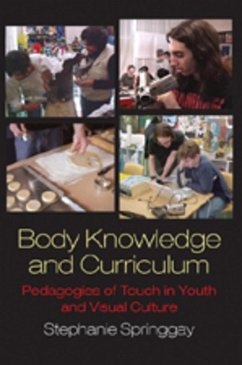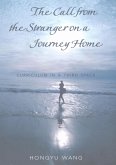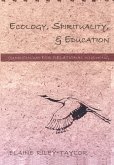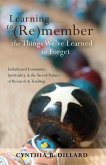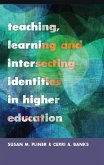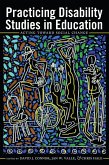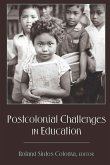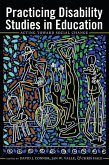Body Knowledge and Curriculum examines student understandings of body knowledge in the context of creating and interrogating visual art and culture. It illustrates a six-month research study conducted in an alternative secondary school in a large urban city. During the research project, students created a number of visual art works using a diversity of material explorations as a means to think through the body as a process of exchange and as a bodied encounter. The book engages with feminist theories of touch and inter-embodiment, questioning the materiality and lived experiences of the body in knowledge production, in order to provoke different ways of theorizing self/other relations in teaching and learning. This volume is important because it explores the ways in which youth understand the complex, textured, and often contradictory discourses of body knowledge, and seeks to intentionally create alternative pedagogical and curricular practices to ones that subscribe to a healthy body model. Additionally, enacting educational research as living inquiry, this book is an exemplar of the arts-based methodology, a/r/tography. Body Knowledge and Curriculum is a valuable text for courses in curriculum theory, art education, qualitative research methodologies, visual culture and pedagogies, and feminist theory. Appropriate for advanced undergraduate students, pre-service teacher education students, and graduate students, the book provides an interdisciplinary investigation into body research.
«Deleuzian philosophy is revolutionary, inviting us to think of our lives in terms of a series of encounters that open us up to difference, to the possibility of becoming a new society, a new people. He was interested in how the arts might play a role in the processes he envisaged. Stephanie Springgay has taken up that challenge in this book, showing us how educational encounters with students in the art classroom open teachers and students to new ways of thinking and being that emerge through the creation of their own art works. As an a/r/tographer, that is, as artist, researcher, and teacher documenting her work with students and their art teacher, Springgay uses the concepts Deleuze invented for this revolutionary work to rethink education practice and philosophy in a way that is at once engaging, entertaining and inspiring.» (Bronwyn Davies, Professor of Education, Narrative, Discourse, and Pedagogy, College Research Group, University of Western Sydney, Bankstown Campus)
«'Body Knowledge and Curriculum' is just the kind of theory and practice text the fields of art education, arts-based research, and curriculum theory need and deserve. In this work, Stephanie Springgay demonstrates why she is among the preeminent scholars in arts-based research and exemplifies the arts-based methodology - a/r/tography. 'Body Knowledge and Curriculum' places at the center of consideration the engaged translations of theory within practice. Springgay weaves them together as mutually informative discourses and makes this difficult task accessible. Based on a six-month study in an alternative secondary school, Springgay renders explicit what can be done when students and educators work from mutual positions of respect and a desire for exploration.» (B. Stephen Carpenter II, Associate Professor, Department of Teaching, Learning & Culture, College of Education and Human Development, Texas A&M University)
«'Body Knowledge and Curriculum' is just the kind of theory and practice text the fields of art education, arts-based research, and curriculum theory need and deserve. In this work, Stephanie Springgay demonstrates why she is among the preeminent scholars in arts-based research and exemplifies the arts-based methodology - a/r/tography. 'Body Knowledge and Curriculum' places at the center of consideration the engaged translations of theory within practice. Springgay weaves them together as mutually informative discourses and makes this difficult task accessible. Based on a six-month study in an alternative secondary school, Springgay renders explicit what can be done when students and educators work from mutual positions of respect and a desire for exploration.» (B. Stephen Carpenter II, Associate Professor, Department of Teaching, Learning & Culture, College of Education and Human Development, Texas A&M University)

